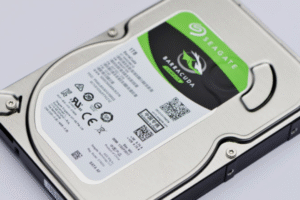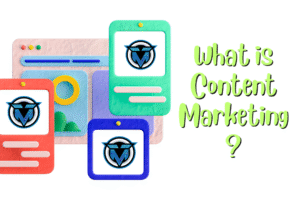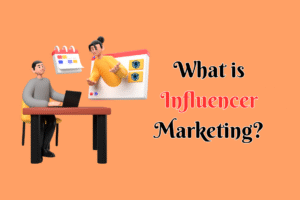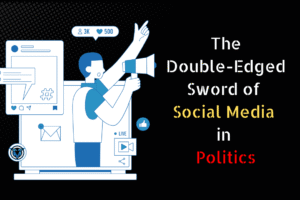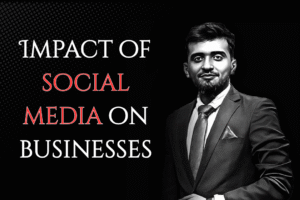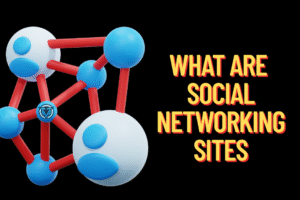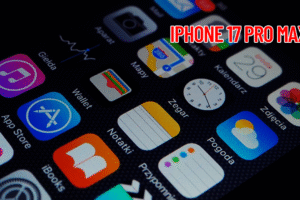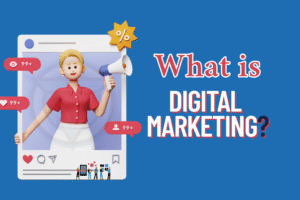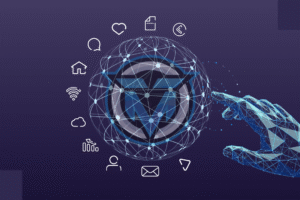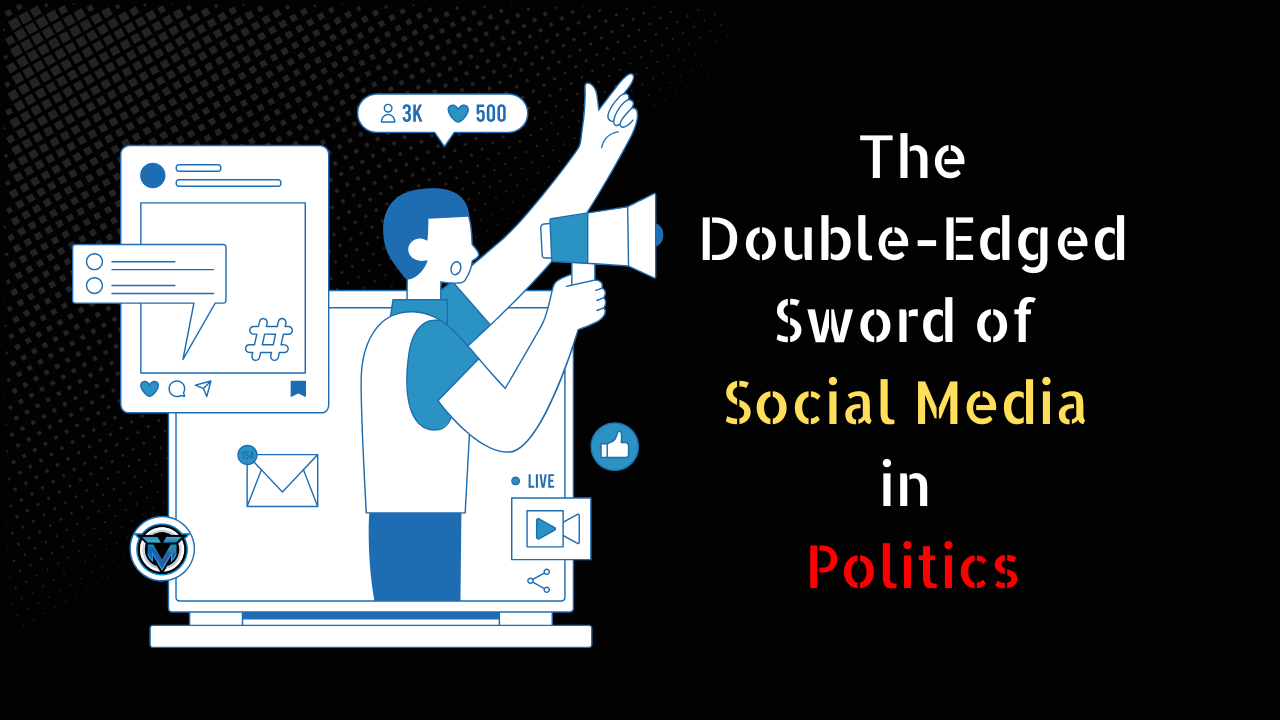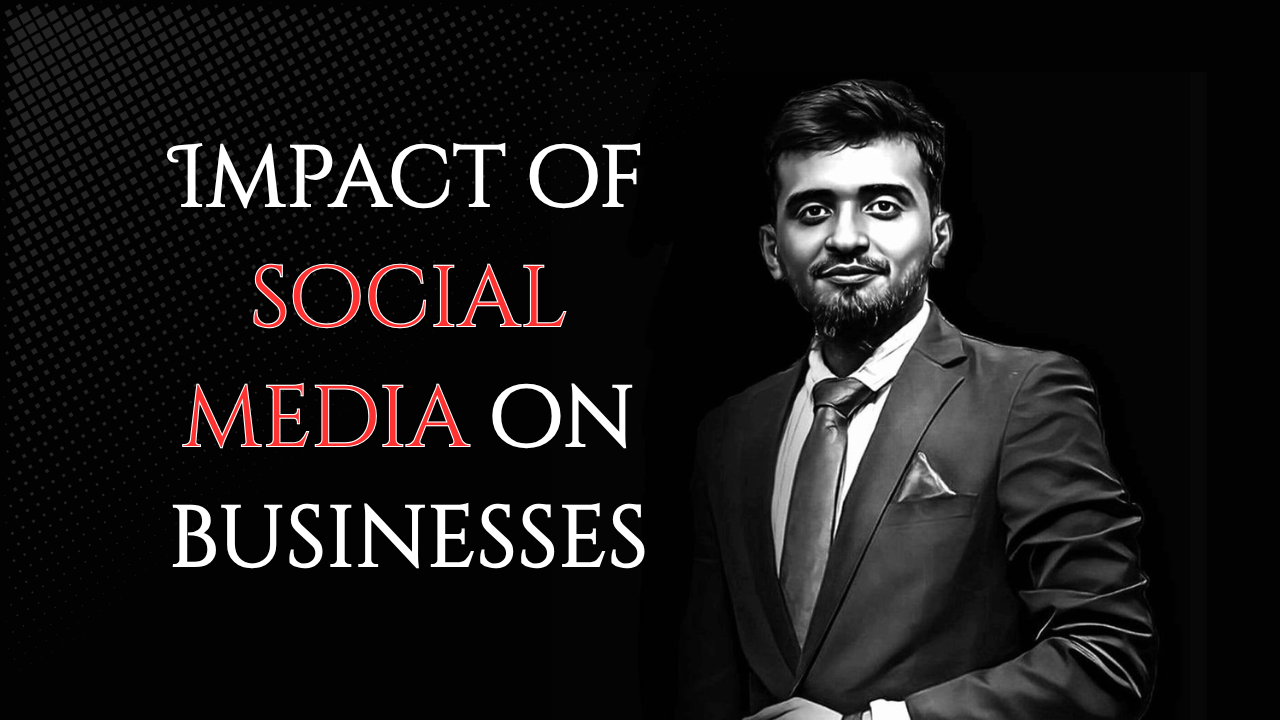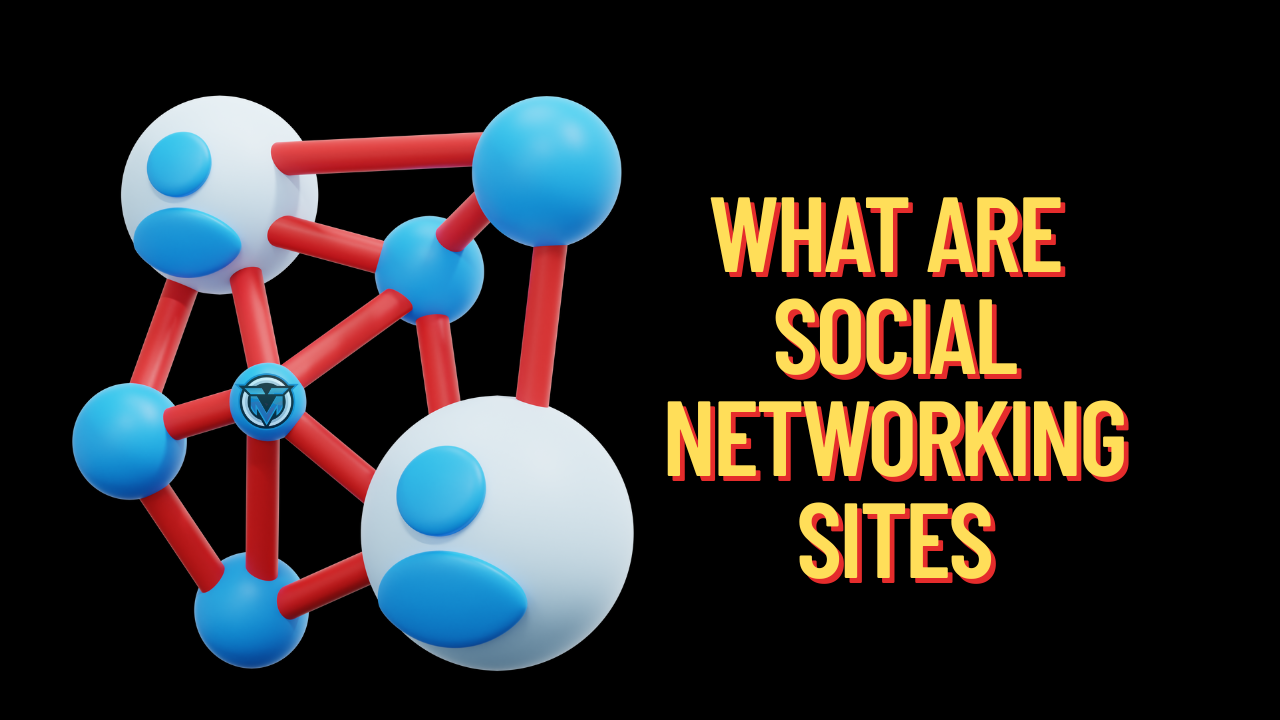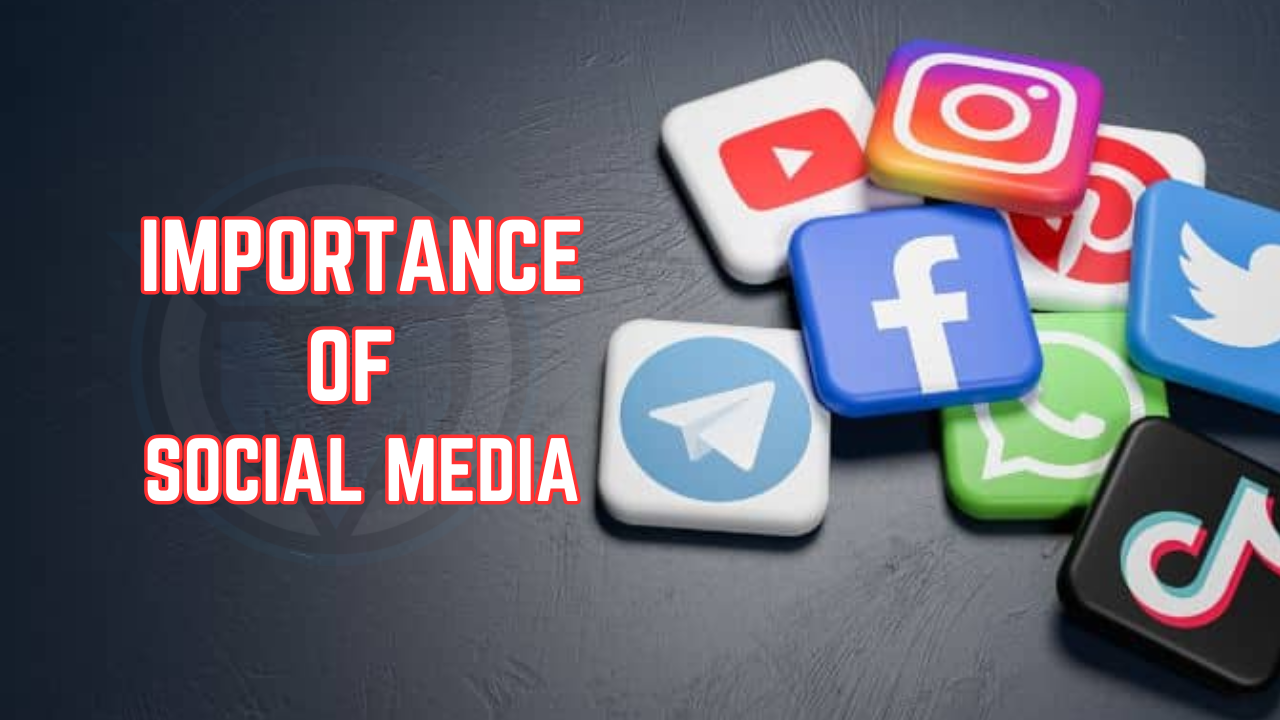In the digital age, social media has emerged as a powerful force in politics, reshaping how politicians communicate, how campaigns are run, and how voters form opinions. From the Arab Spring to U.S. presidential elections, social media platforms like Facebook, X (formerly Twitter), YouTube, Instagram, and TikTok have significantly influenced political discourse and democratic processes around the globe.
This article explores how social media impacts politics, covering both the positive transformations and the challenges it presents to democratic societies.
📢 1. Revolutionizing Political Communication
One of the most profound impacts of social media on politics is the democratization of communication. Politicians no longer rely solely on traditional media outlets to reach their audience.
Key Changes:
- Direct Communication: Social media enables political leaders to communicate directly with the public, bypassing journalists and editors.
- Real-Time Updates: Politicians can respond to events instantly, shaping public opinion in real time.
- Personal Branding: Leaders can craft their own image, share behind-the-scenes content, and create a more relatable persona.
Example: Former U.S. President Donald Trump used Twitter extensively to set the media agenda and communicate his views, reshaping political strategy globally.
🌍 2. Global Reach and Instant Virality
Social media allows political messages to reach millions within seconds. A powerful tweet, meme, or video clip can go viral, amplifying a campaign or a message far beyond traditional geographic or demographic limits.
Benefits:
- Low-cost reach compared to TV or print media.
- Ability to mobilize international support for local causes.
- Drives political trends across borders.
Example: Greta Thunberg’s climate activism gained worldwide attention through social media, mobilizing global youth movements without traditional media backing.
🤝 3. Enhancing Political Engagement and Participation
Social media has significantly increased political awareness and participation, especially among younger demographics.
Engagement Tools:
- Hashtags like #BlackLivesMatter or #MeToo help people rally around causes.
- Livestreams of political debates or town halls allow real-time interaction.
- Platforms allow users to follow, comment, share, and react to political developments.
Data Insight: Studies show that individuals active on social media are more likely to vote, attend political events, and participate in activism.
🗳️ 4. Changing Election Campaign Strategies
Political campaigns have shifted dramatically due to the rise of social media advertising and data-driven strategies.
Strategy Shifts:
- Microtargeting specific voter groups based on interests, location, and behavior.
- A/B testing campaign messages to optimize voter appeal.
- Influencer marketing—partnering with public figures to endorse candidates or issues.
Controversial Example: The Cambridge Analytica scandal highlighted how Facebook data was used to target voters with personalized political ads during elections.
🔍 5. Facilitating Transparency and Accountability
Social media enables citizens and watchdog groups to hold politicians and institutions accountable.
Key Outcomes:
- Viral videos of corruption or misconduct lead to public outcry.
- Journalists and activists use social media to expose injustice and demand action.
- Politicians’ past statements or contradictory actions are quickly brought to light.
Example: Social media played a central role in the impeachment trials of various global leaders by spreading awareness and rallying opposition.
📊 6. Real-Time Public Opinion and Polling
Political analysts and parties now use social media as a barometer of public sentiment.
Tools:
- Sentiment analysis software can measure positive or negative reactions.
- Hashtag trends reveal emerging political movements or concerns.
- Feedback from comment sections, shares, and reactions can shape policy messaging.
Example: During debates, analysts monitor X (Twitter) trends to gauge public perception of candidates’ performance instantly.
⚠️ 7. The Spread of Misinformation and Fake News
While social media empowers free speech, it also poses a serious threat through the spread of misinformation.
Problems:
- Fake news articles go viral faster than corrections.
- Bots and troll farms manipulate narratives and trends.
- Deepfakes and AI-generated content blur the line between truth and fiction.
Case Study: During the 2016 U.S. elections, Russian interference via fake Facebook accounts and posts highlighted how foreign actors can exploit platforms to influence outcomes.
👥 8. Echo Chambers and Polarization
Algorithms on social media platforms are designed to show users content they agree with, often reinforcing existing beliefs.
Consequences:
- Users are exposed to limited viewpoints (echo chambers).
- Increased political polarization and intolerance.
- Reduced willingness to engage in healthy political debate.
Research Insight: Studies have shown that exposure to like-minded content increases radicalization, especially in political and ideological contexts.
🧠 9. Influencing Policy-Making and Political Movements
Movements like #FridaysForFuture, #EndSARS, or #OccupyWallStreet started online and had real-world policy implications.
Influence Path:
- Viral campaigns pressure governments to act.
- Politicians use social media sentiment to adjust policy positions.
- Lawmakers track trending topics to align with public interest.
Example: In Nigeria, the #EndSARS campaign led to the disbanding of a controversial police unit after global social media protests.
🛡️ 10. Cybersecurity and Election Integrity
As politics becomes increasingly digital, protecting social media platforms from manipulation becomes critical.
Risks:
- Election interference from state or non-state actors.
- Account hacking and identity theft.
- Coordinated misinformation campaigns.
Solution: Platforms like Meta (Facebook) and X are investing in transparency, verification badges, and misinformation detection to secure political discourse.
🌐 The Double-Edged Sword of Social Media in Politics
Social media is a powerful tool in modern politics. It offers unprecedented opportunities for communication, engagement, transparency, and activism. However, it also presents risks such as misinformation, polarization, and foreign interference.
To ensure social media continues to benefit democratic societies, governments, tech companies, and citizens must work together to promote responsible usage, digital literacy, and robust regulatory frameworks.
Final Takeaways:
- Social media empowers politicians and citizens alike.
- Its influence on political opinion and behavior is unmatched.
- Responsible use can strengthen democracy; misuse can weaken it.
